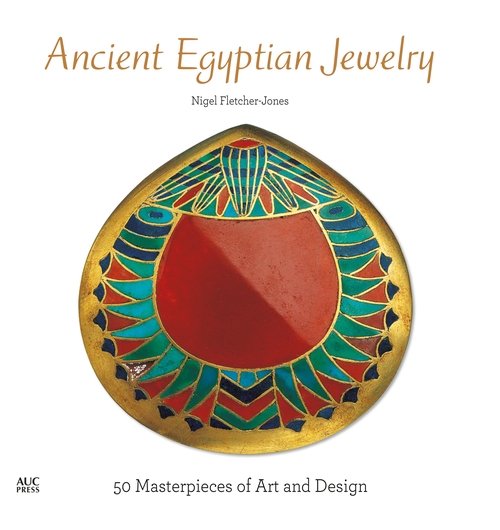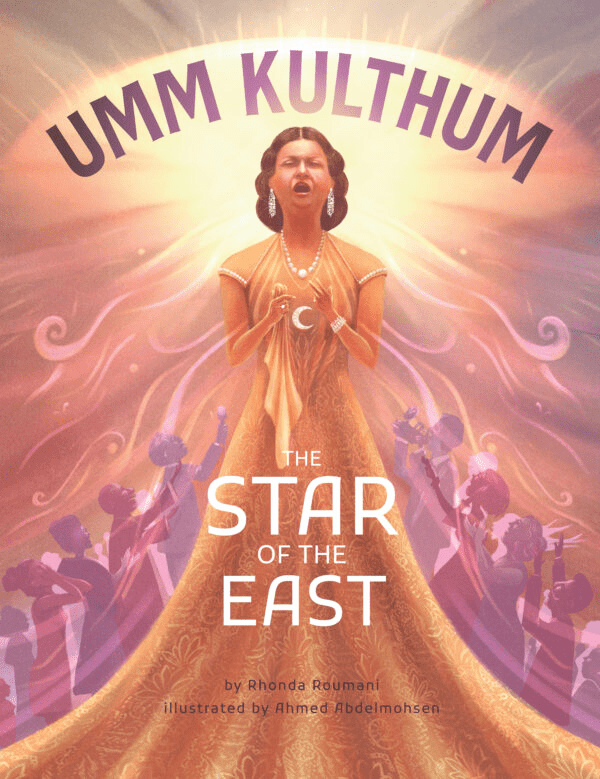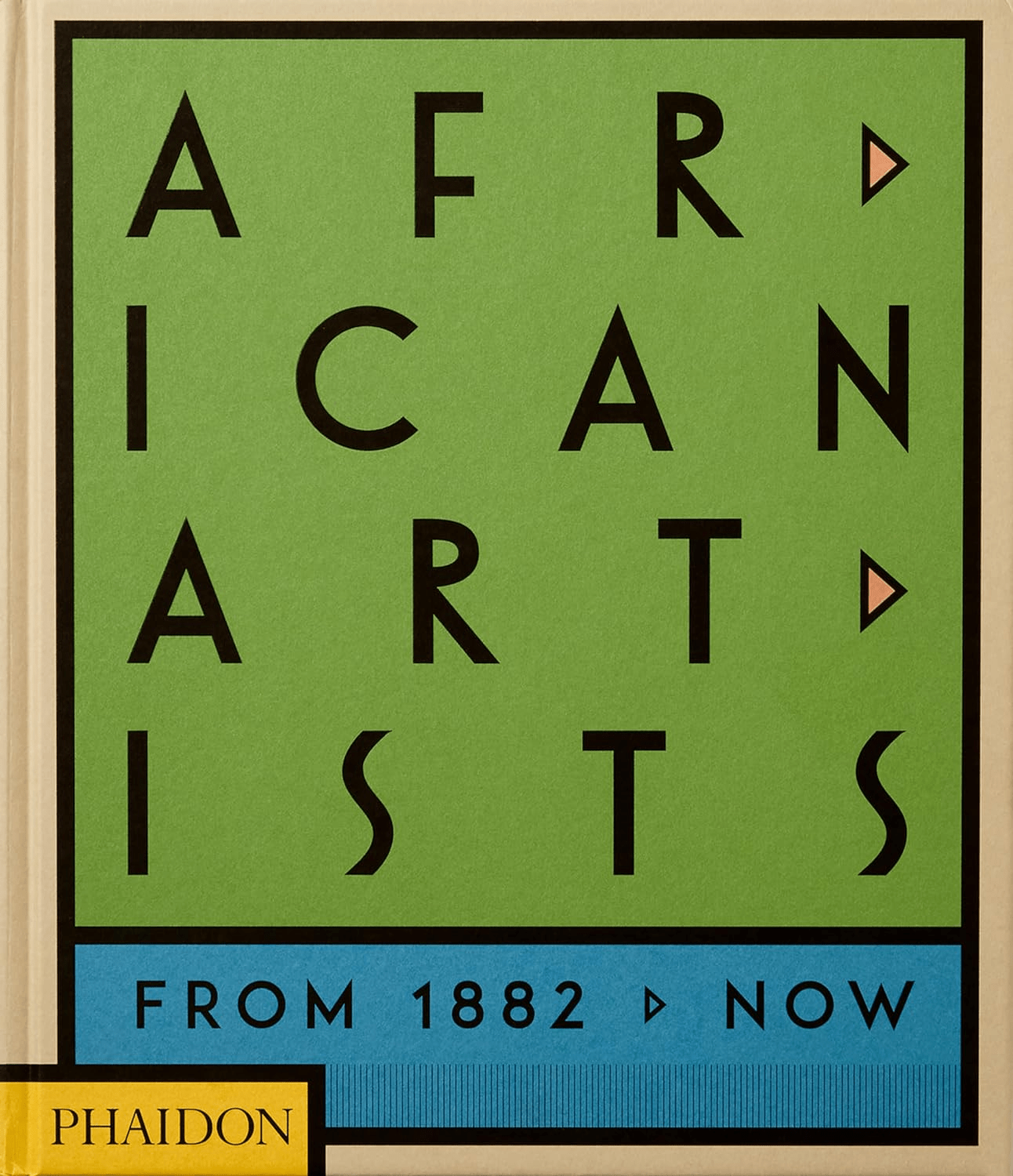
Ancient Egyptian Jewelry: 50 Masterpieces of Art and Design
Jane Waldron Grutz
Nigel Fletcher-Jones
2020, AUC Press, 978-9-77416-965-6. $19.95 hb.
One reason so little jewelry has survived from ancient Egypt, explains Nigel Fletcher-Jones, is that “over the centuries, gold and precious stones were reused or recut many times, often with the implicit encouragement of the Egyptian authorities.” Fortunately, some stunning examples of this jewelry did survive in tombs dating from the Early Dynastic period (3100–2686 BCE) on through the Ramesside period (1292–1180 BCE) and beyond. Housed in museums in and around Cairo, the 50 examples pictured include jeweled collars, heavy gold pectorals, bracelets, armlets, earrings, pendants and more. As often as not, the ornaments incorporate the hard stones valued by the Egyptians both for their endurance and their color. The red orange of carnelian symbolized the sun and vitality. The blue-green turquoise represented the blue waters from which all life emerged. And lapis lazuli, imported from far-away Afghanistan, represented the protective night sky. A detailed description of each jewel accompanies the full-page illustrations.
You may also be interested in...

Children’s Book Documents Rise of Umm Kulthum, Egypt’s Star of the East, As Declaration of National Identity
Illustrator Rhonda Roumani presents an illustrative biography of legendary Egyptian singer and cultural icon Umm Kulthum.
A Century of African Art, in 300 Voices, All in One Book
From Cairo to Khartoum to Casablanca, this volume traces how African artists have shaped—and reshaped—modern art over the past century.